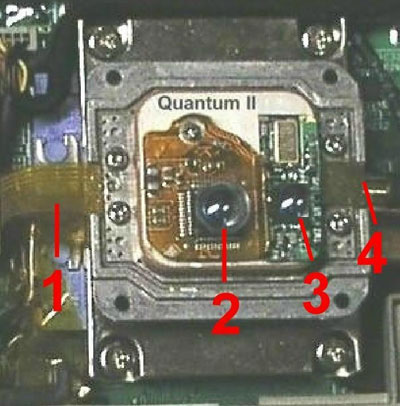Can anyone help me understand the defination of Quantum?the definition from Wiki in the opening
The following also from the wiki page gives an example:
'A photon, for example, is a single quantum of light, and may thus be referred to as a "light quantum". The energy of an electron bound to an atom (at rest) is said to be quantized, which results in the stability of atoms, and of matter in general.'
I found that slightly more straightforward, it seems like looking into it a bit further it is saying a quantum is a single quantifiable unit of something at the subatomic level. I think it is saying that an elementary particle is a quantum but i'm not sure if im just jumping to that conclusion.
The wiki article on elementary particles states:
"A central feature in elementary particle theory is the early 20th century idea of 'quanta', which revolutionised the understanding of electromagnetic radiation and brought about quantum mechanics."
When I was at uni I missed out on a chance to go to a lecture with a guy from CERN talking about quantum computing otherwise I might be able to say something more about it.






